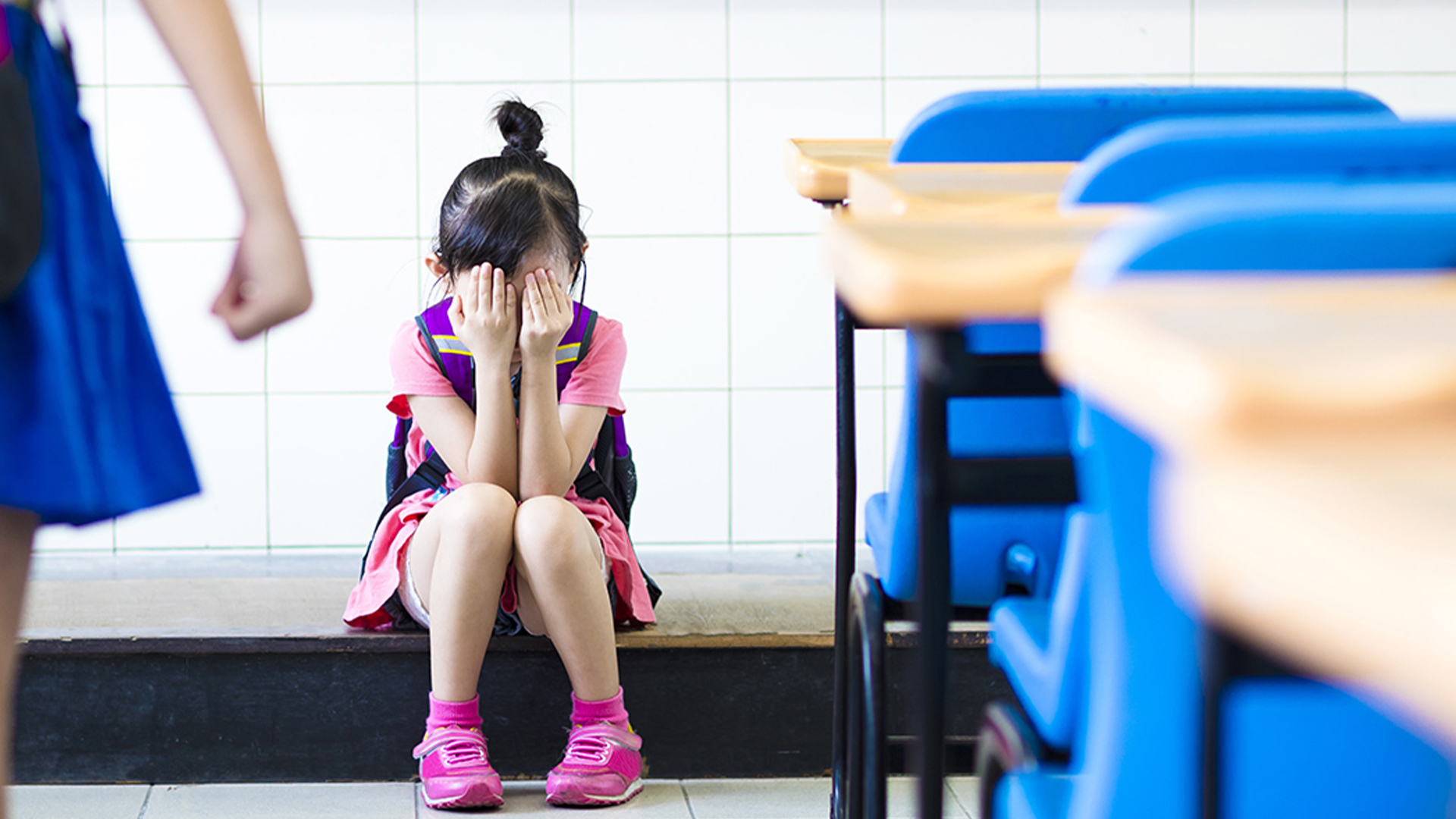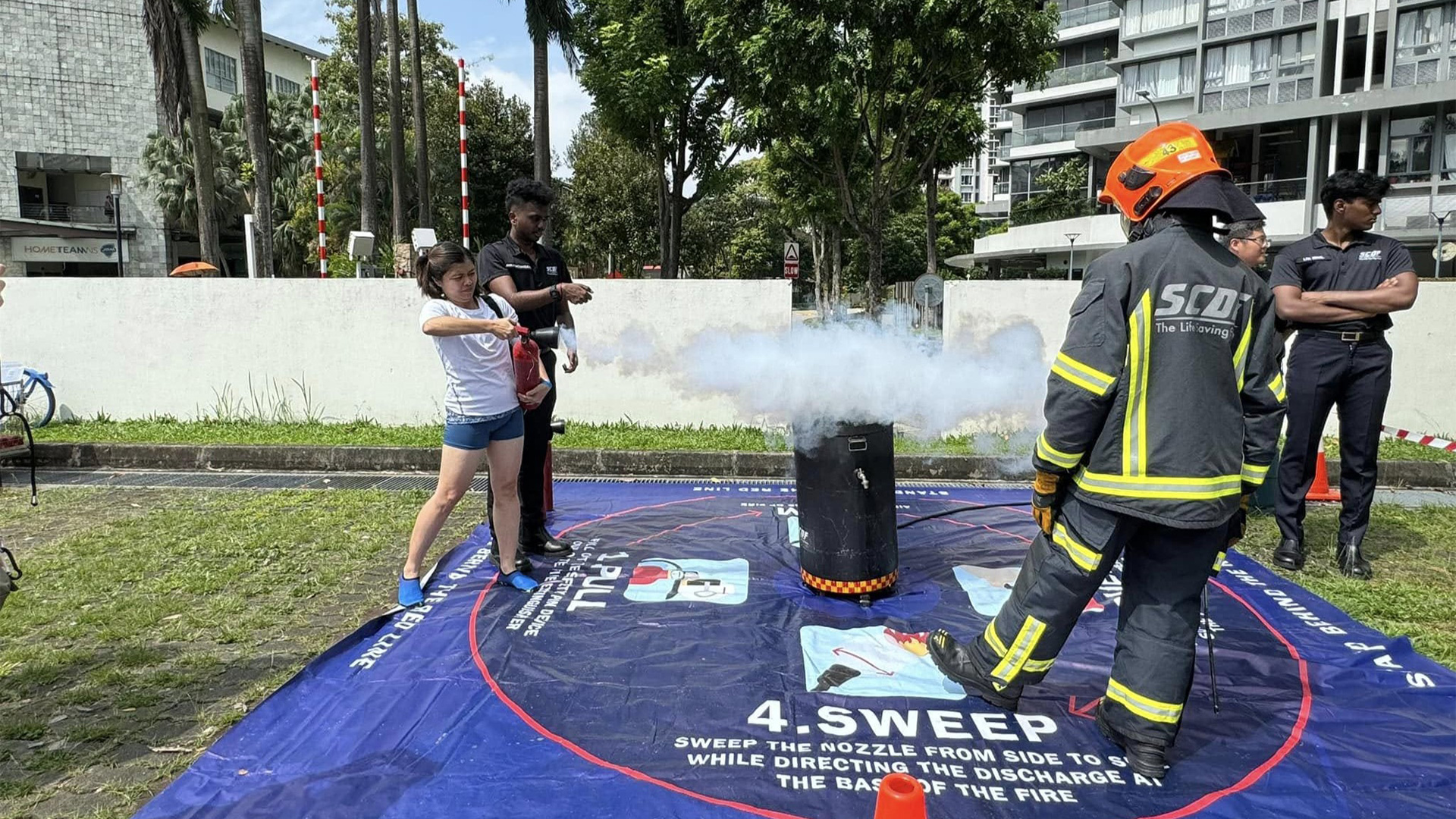Home › Singapore Buzz › 6 Things About Water and Energy That Will Change How You Think
Home › Singapore Buzz › 6 Things About Water and Energy That Will Change How You Think
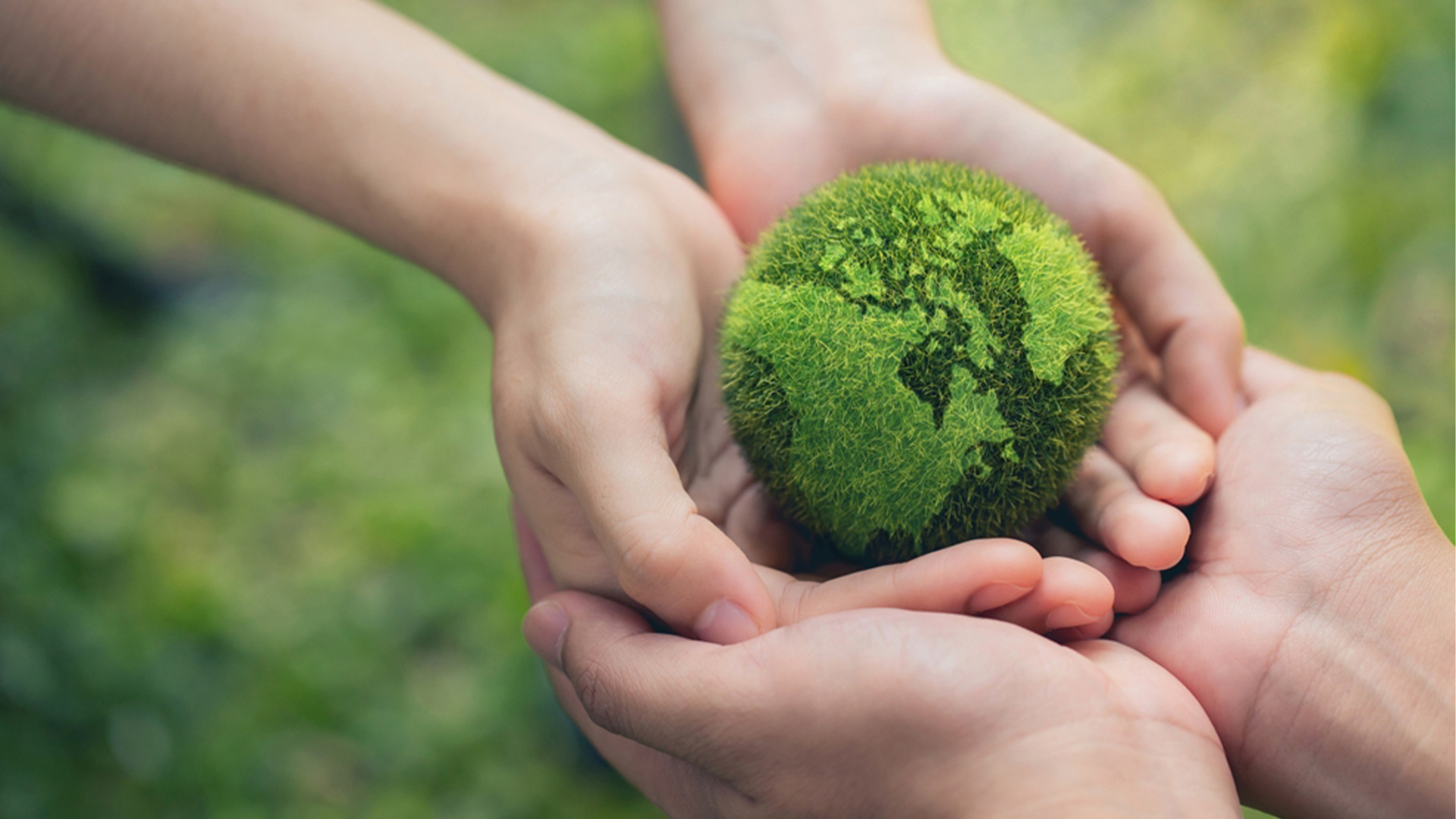
As we mark World Water Day and Earth Hour this year, let’s explore how these two essential resources are linked — and why conserving them matters.
In resource-scarce Singapore, every drop of water and watt of energy counts. Understanding their connection can inspire small changes that lead to big impacts. Here are six facts that will make you think twice about how you use these precious resources.
Before water even reaches our taps, a significant amount of energy is used to treat and transport it. Singapore’s desalination plants consume about 3.5 kilowatt-hours per cubic metre (kWh/m3) of energy to make seawater drinkable through the process of reverse osmosis, while NEWater production requires around 25% of the same amount of energy.
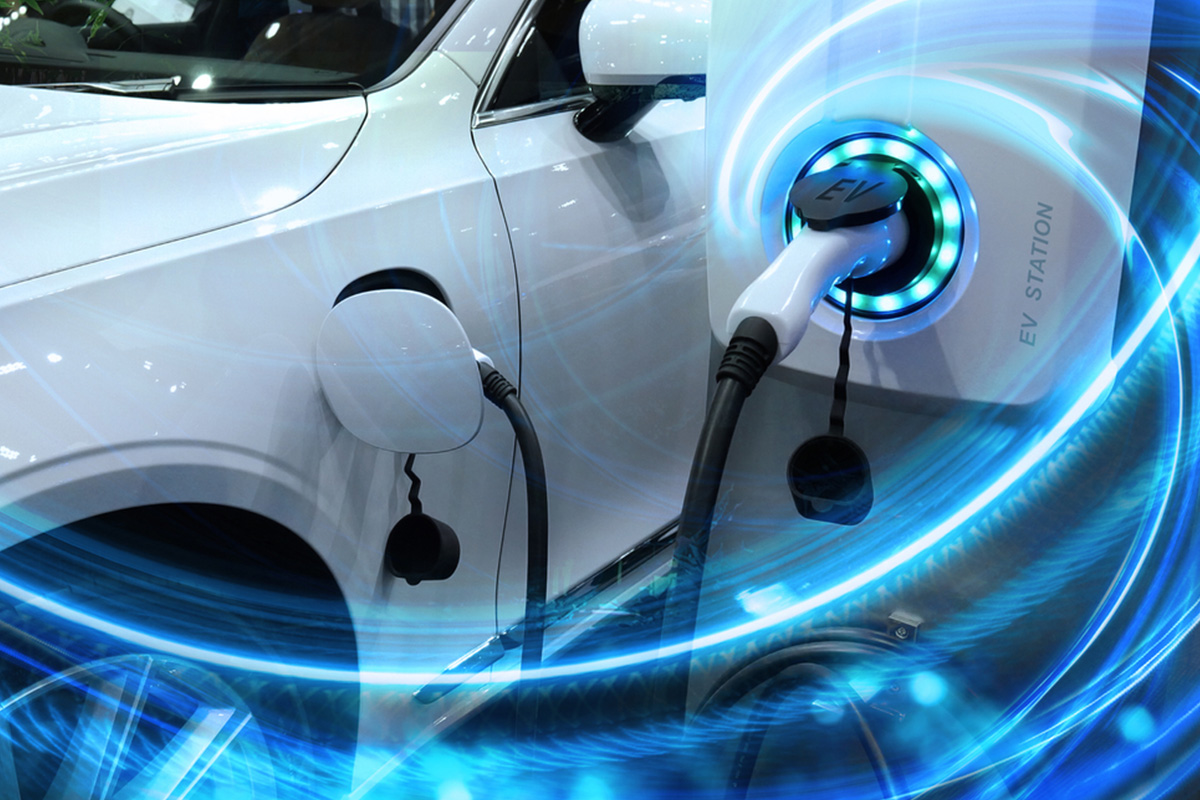
Electricity production isn’t just energy-intensive — it’s also water-intensive. Most of Singapore’s electricity is produced by burning natural gas from Malaysia and Indonesia. Extracting this gas involves hydraulic fracking, a process that consumes vast amounts of water. Once the gas reaches power plants, an estimated 2,803 gallons (10,610 litres) of water is used to produce one megawatt hour of electricity.
While electric cars are often seen as the greener choice, their impact on water and energy depends on how the electricity is generated. In Singapore, where electricity mainly comes from natural gas, the production of power for electric vehicles (EVs) currently requires more water than petrol-powered cars. However, this may soon change as Singapore invests in cleaner, renewable energy sources.
That said, EVs still produce about 50% fewer carbon emissions than traditional internal combustion engine vehicles, making them a key solution in reducing emissions from the transportation sector, which accounts for about 15% of Singapore’s total carbon footprint. To accelerate the transition, the government has introduced initiatives like the EV Early Adoption Incentive and the Vehicular Emissions Scheme, and is rolling out 60,000 EV charging points by 2030.
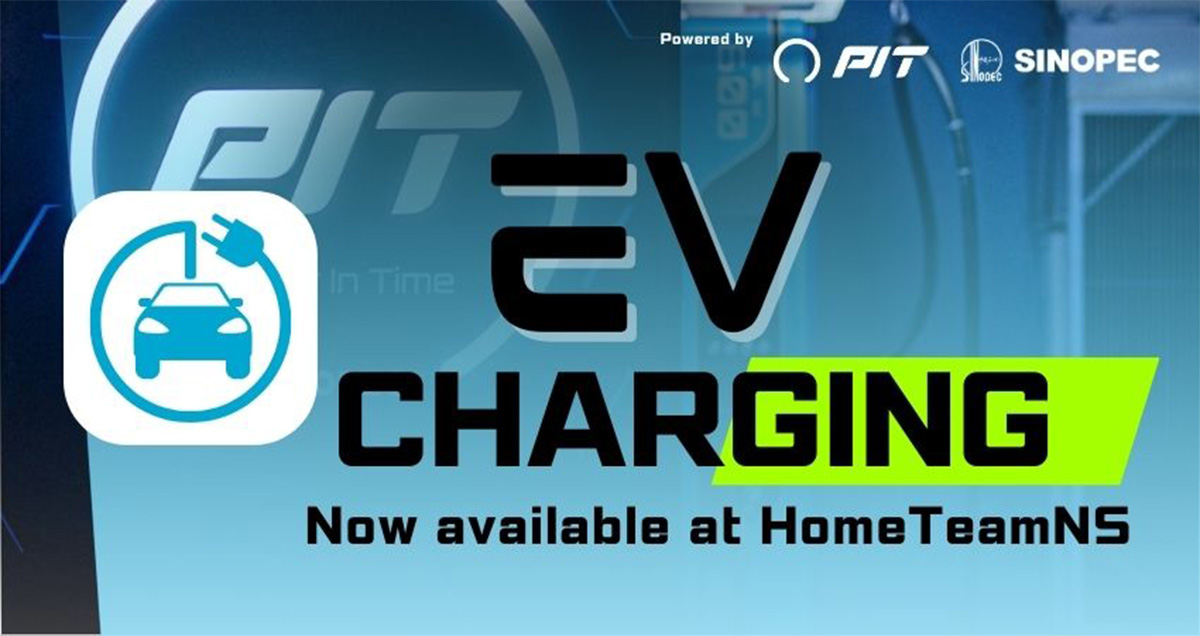
EV charging is now available at HomeTeamNS Bedok Reservoir and coming soon to Khatib and Bukit Batok clubhouses! Charge your vehicle and conserve precious water and energy — all while enjoying your favourite activities. What’s more, HomeTeamNS members get to enjoy exclusive 10% OFF charging rates.
When it comes to saving energy, old is not gold: traditional incandescent and compact fluorescent lamp (CFL) bulbs pale in comparison to energy-efficient light emitting diodes (LED) bulbs. For instance, a 16.5-watt LED bulb produces the same brightness as a 20-watt CFL bulb or a 75-watt incandescent bulb — and lasts longer, too. Plus, using less electricity also conserves water, since water is required for power generation
Your air-conditioner is another major energy and water guzzler (it relies on water for cooling). Regular servicing improves efficiency, while setting the thermostat to the National Environment Agency’s (NEA) recommended 25 degrees Celsius (°C) or switching to a fan after an hour can significantly reduce this dual-resource consumption.
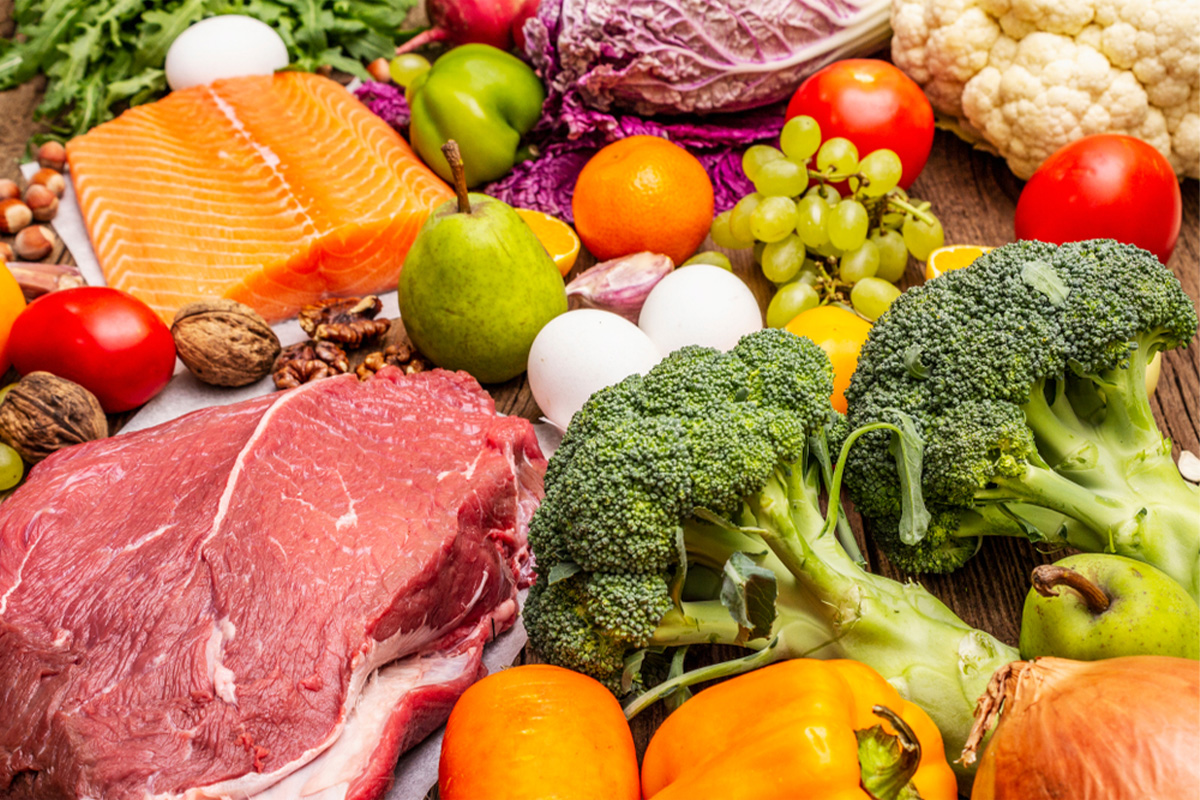
Here’s some food for thought: producing 1kg of beef requires 15,000 litres of water, while 1kg of pork needs 6,000 litres of water, and 1kg of chicken needs 4,330 litres. In contrast, growing vegetables uses significantly less water. Opt for plant-based meals occasionally to conserve both water and energy, and consider preparation methods like batch cooking and air frying to save on electricity.
Singapore’s resource scarcity has fuelled continuous innovation in energy and water solutions. One such breakthrough is PUB’s floating solar photovoltaic (PV) systems on reservoirs, which boost performance by 5% to 15% compared to rooftop solar PV systems while also reducing freshwater evaporation.
Looking ahead, Singapore is exploring next-generation energy sources, such as small modular reactors (SMRs). These compact nuclear reactors offer a third of the energy-generating capacity of full-scale nuclear plants and come with enhanced safety features.
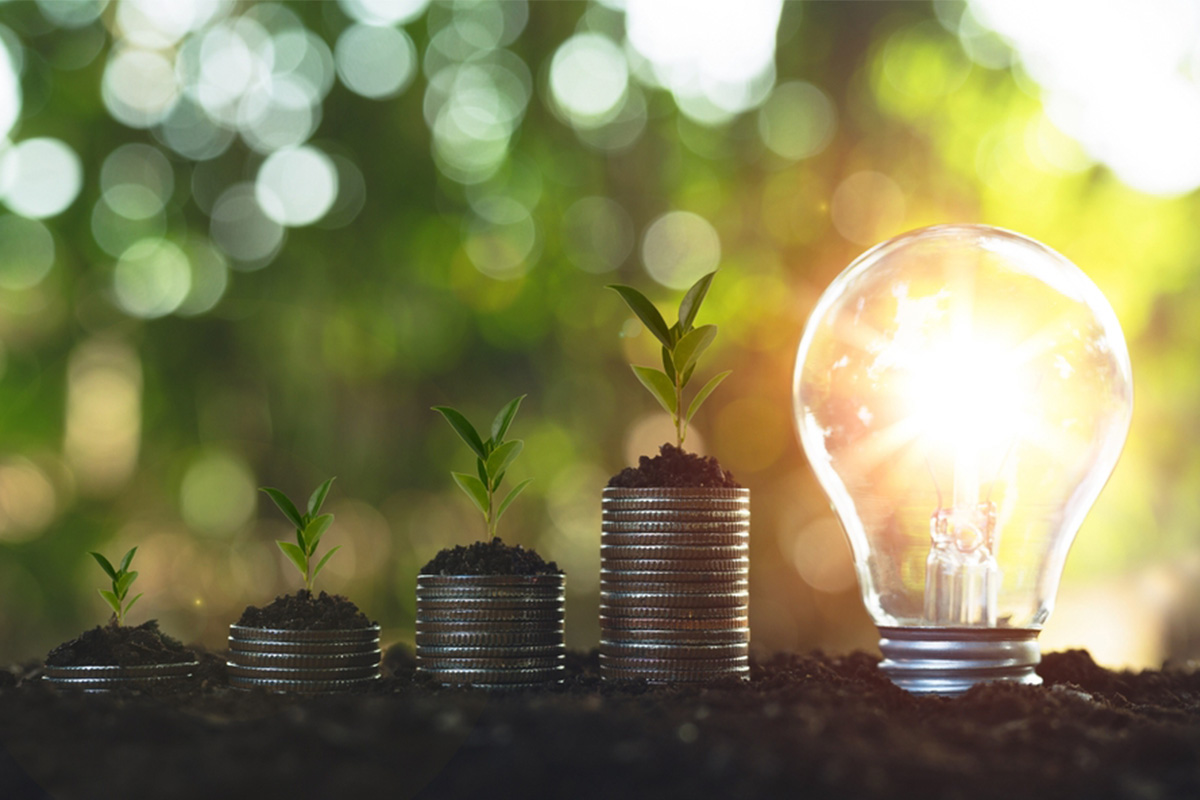
Check out these easy tips on how you can save water and electricity at home and at your workplace.
AT HOME
Water:
Electricity:
AT WORK
Water:
Electricity:
Like our stories? Subscribe to our Frontline Digital newsletters now! Simply download the HomeTeamNS Mobile App and update your communication preference to ‘Receive Digital Frontline Magazine’, through the App Settings.




